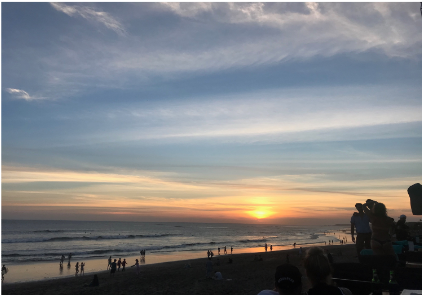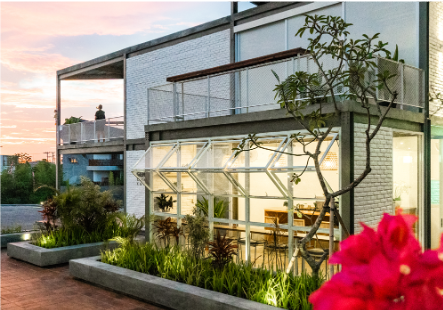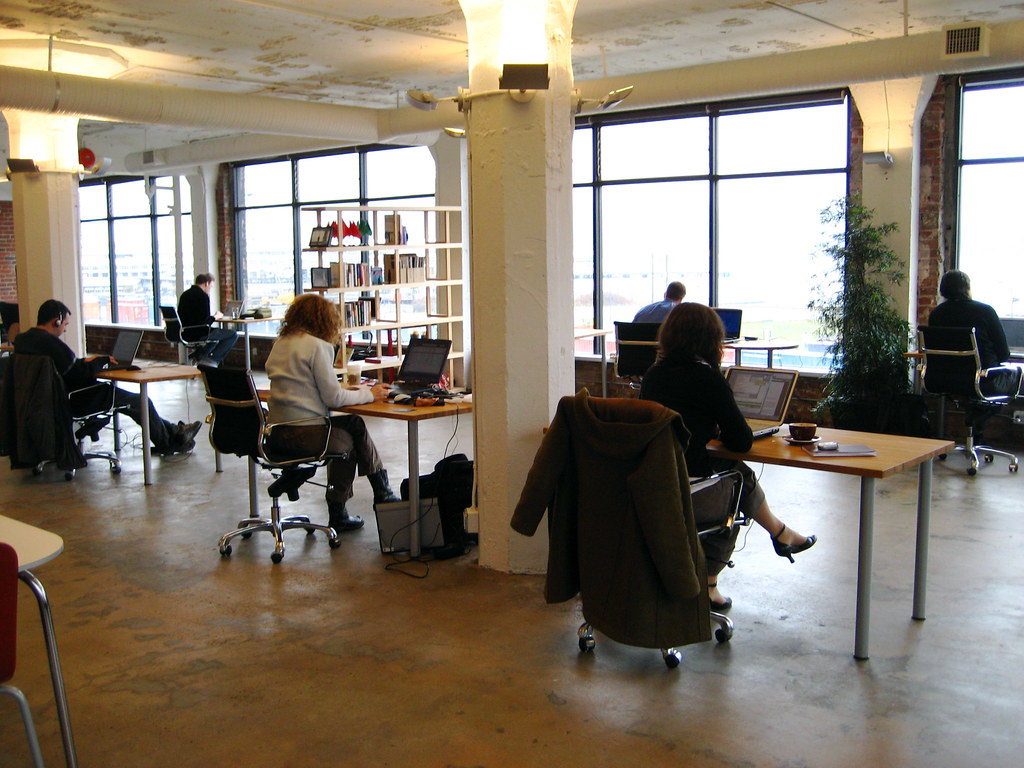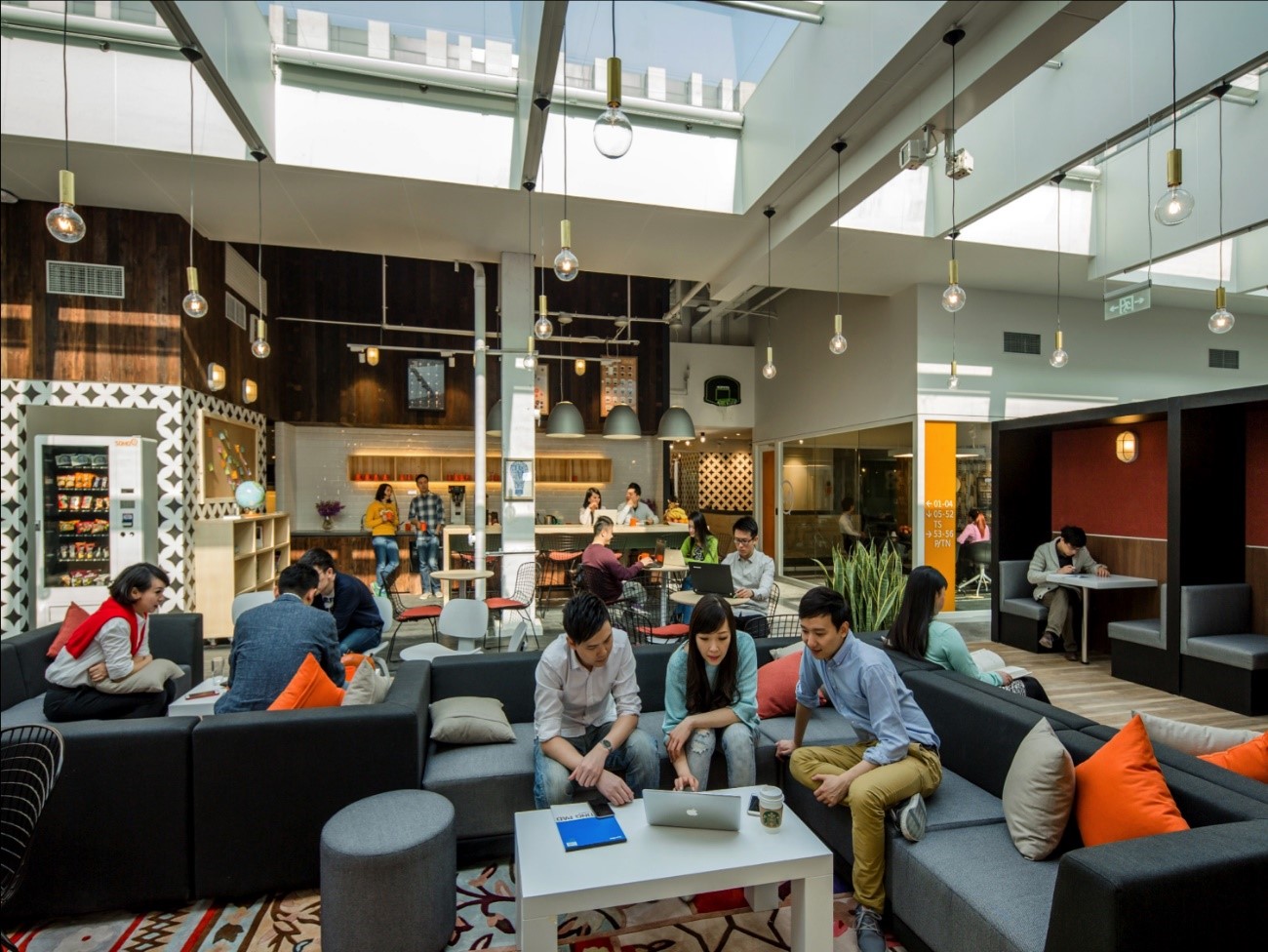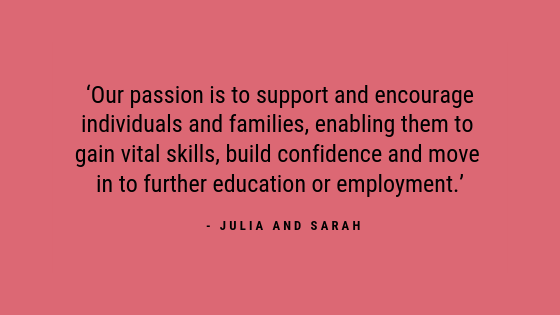On March 23rd, Prime Minister Boris Johnson called for the UK to be on lock down due to the current COVID-19 pandemic. With this announcement, companies worldwide started to work from home. Despite many being fine with this, we may have forgotten about the future of co-working spaces.
So, what are coworking spaces?
The buzzword by definition can be described as, “the use of an office or other working environment by people who are self-employed or working for different employers, typically so as to share equipment, ideas, and knowledge”. Unlike traditional office spaces, they offer flexible short-term leases, ultimately making it easier for members to simply walk away.
Due to their very recent popularity in comparison to other businesses, “the coworking model hasn’t been around to witness an economic shock”, noted real estate advisor Adam Henick. In order to survive the pandemic, he suggests coworking companies will have to alter their existing business models and lend their spaces to established companies in order to reduce the real estate costs.
Now that there is an increasing worry concerning personal hygiene, the unlikelihood of professionals wanting to share spaces seems to already have taken effect.
In a recent study, Coworker found that out of 14,000 coworking spaces across 172 countries, there has been a sharp 72% drop in the number of coworking occupants.
This begs the question, what effect will Covid-19 have on coworking spaces and what will it mean for the creatives who inhabit them?
Providing resources
Coworking spaces don’t just function and serve the needs of remote workers but they also heavily support small businesses, creatives and entrepreneurs. They can be seen as a lifeline for small starting businesses. For these small businesses, the shift to home will not provide them any solution as they depend on such spaces for productivity. This will be particularly hard for those in lower income quintiles. Small businesses already face barriers in terms of accessing capital and local business networks, so they may have nowhere to go in terms of applying for loans and grants.
Community is key
Coworking spaces have, in recent years, created their own worth and have become economic engines independently. In the Impact 2020 report, Launch Pad revealed that their coworking spaces had
- Created 9000 jobs
- Generated $230million+
- Leased one million square feet of commercial real estate
As the population moves into an era of social distancing, such spaces are at high risk. Large economic hits to small businesses can easily lead to a decay, which could be hard to restore. Businesses will now have to rely on social networks more than ever.
“Nothing, absolutely nothing, can replace face-to-face communication”–Liz Elam, 2013 on stage at GCUC
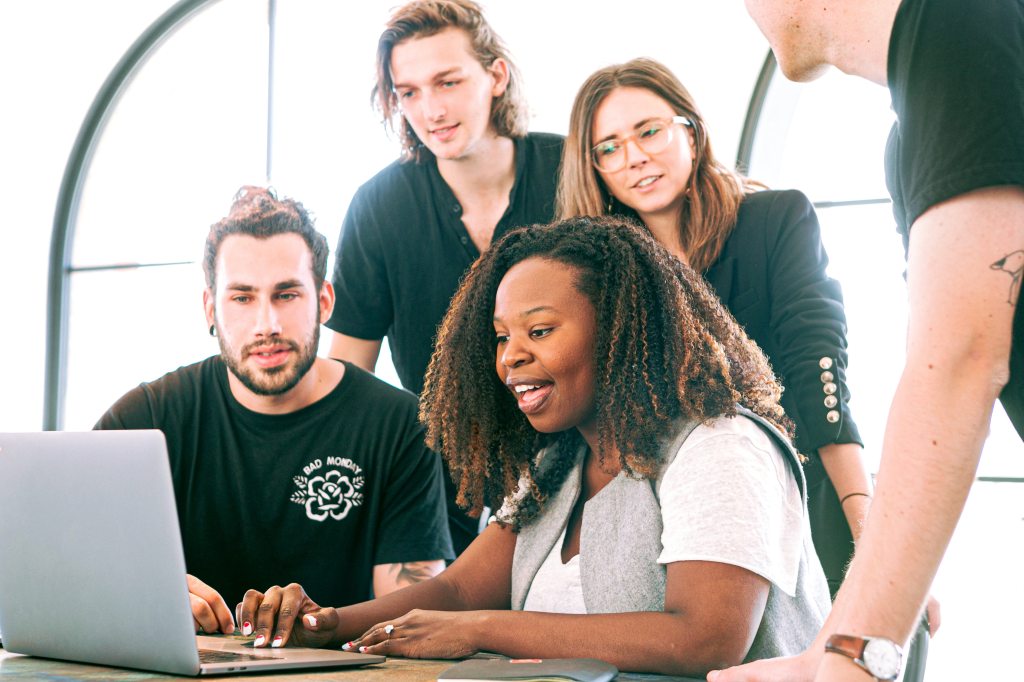
The shift online
Coworking spaces without the socialisation, free coffee and large workspaces may not have much to offer but they do pride themselves with their strong sense of community.
One of the ways they can maintain this will be through the shift online. With platforms such as Zoom, it has never been easier to connect to those you work with. Coworking spaces such as Second Home in London have now moved everything online in an attempt to maintain their communities. This is done through daily emails filled with reading lists, online classes as well as guides on how to deal with remote working.
Whilst some experts claim that in the long run the situation will be beneficial for coworking due to an increase in the demand for flexible workspaces, in the short term, this time will prove to be challenging for coworking spaces and creatives alike.
However, despite the lack of physical presence, it is still possible to connect and create.





